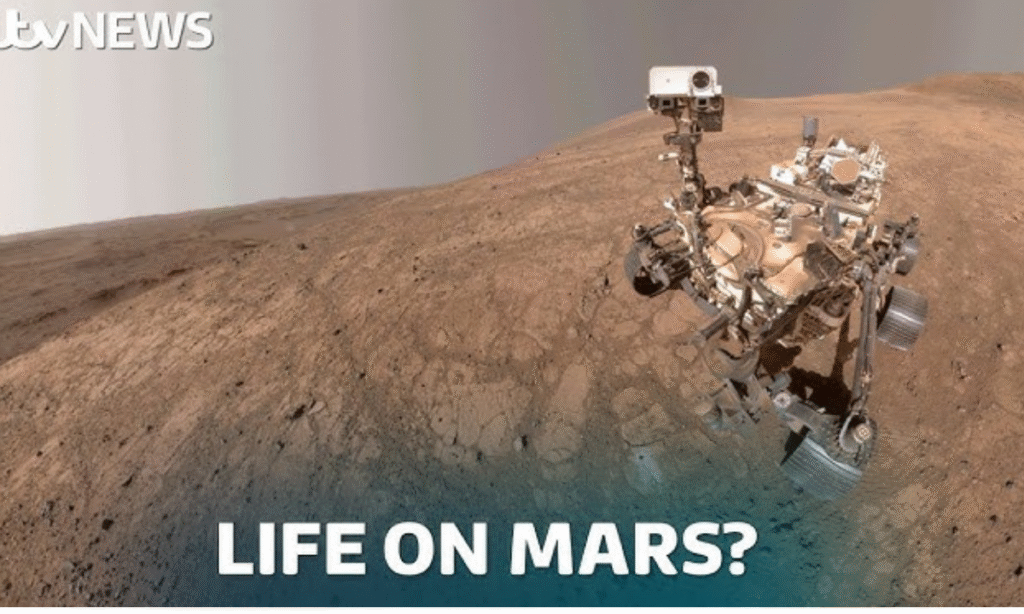Investigators, astronomers, and artists have been fascinated by Venus for generations. The mission of taking people to explore the Green Mars is now more feasible than ever. The survival of humanity on Mars has grown more probable through NASA’s planned expeditions and SpaceX’s grand colony plan.
Nevertheless, surviving on Mars is extremely difficult. Resources are limited, the environment is hostile, and automation must perform the labor-intensive tasks. The subject of whether humans could actually survive the upcoming Mars expeditions is examined in this articl
1. The Harsh Conditions on Mars
Although Mars may appear to be comparable to Earth in photographs, life there is very different:
- 95% carbon dioxide and very little oxygen make up the atmosphere.
- The average temperature is -60°C (-80°F), with winter temperatures as low as -125°C.
- Radiation: Humans are not shielded from solar and cosmic radiation by a magnetic field.
- Dust storms: They can engulf the entire planet and continue for weeks.
In summary, although Mars cannot be hospitable by itself, modern technology may allow for existence.
2. NASA’s Plans for Mars Missions
Long-term objectives for NASA include landing people on Mars during the 2030s. They want to investigate capabilities that will eventually support Mars missions through initiatives like Artemis, which aims to return people to the Moon first.
Important technologies consist of:
- The Perseverance rover has already tried MOXIE, or (Mars Nitrogen In-Situ Resource Utilization), which transforms CO₂ into oxygen that may be breathed.
- Habitat Modules: Subterranean or inflatable shelters that can keep astronauts safe.
- Building protective bases out of Martian soil (regolith) is known as radiation shielding.
3. SpaceX and Elon Musk’s Vision
Musk’s son Elon, has made colonizing Mars a top priority for SpaceX. In order to build a self-sufficient city on Mars in the next decades, his Flagship rocket is built to carry more than 100 people at once.
One of SpaceX’s goals
- is to use CO2 and water ice to build fuel production facilities on Mars.
- colonies on a large scale that have food greenhouses.
- Frequent transportation of people and goods between Earth and Mars.
It demonstrates how private space businesses are expanding the frontiers of human exploration, despite their ambitious nature.
4. Challenges Humans Will Face on Mars
Despite the launchers and our houses, survival will be challenging.
The following are some of the primary challenges:
- It will prove essential to extract water and oxygen from Mars’ resources.
- The cuisine that is given employs hydroponic farming and greenhouse technology.
- Radiation Exposure: Requires underground dwellings or robust shielding.
- Psychological Stress: Long missions, solitude, and separation from the outside world can test one’s endurance.
Long-term life cannot exist on Mars until these problems are fixed.
5. Could Humans Survive Long-Term on Mars?
With existing technology, staying alive for short periods (weeks or months) on initial missions is probably possible. However, there are significant barriers to long-term colonization.
- Low gravity poses health problems by weakening bones and muscles.
- Radiation may make cancer more likely.
- It will be difficult to keep morale high while alone.
Nonetheless, a lot of scientists think that if robust technology and international cooperation are in place, humans might live on Mars.
6. The Future: A Second Home for Humanity?
Mars could serve as humanity’s
- “backup planet” if humans can survive there.
- Inspire technological advancements that support life on Earth.
- Encourage a new phase of space travel and settlement.
The first people to settle on Mars may have to endure harsh living circumstances, but they will pave the way for humanity to establish a second home on the Red Planet.
Conclusion
Will humans be able to survive upcoming voyages to Mars? With ingenuity, planning, and technology, the answer is yes. Although surviving on another planet will not be simple, NASA, SpaceX, which is and other space agencies’ advancements have brought us closer than ever to doing so.
In addition to putting human existence to the test, the trip to Mars will reshape what it means to be a multiplanetary species.



